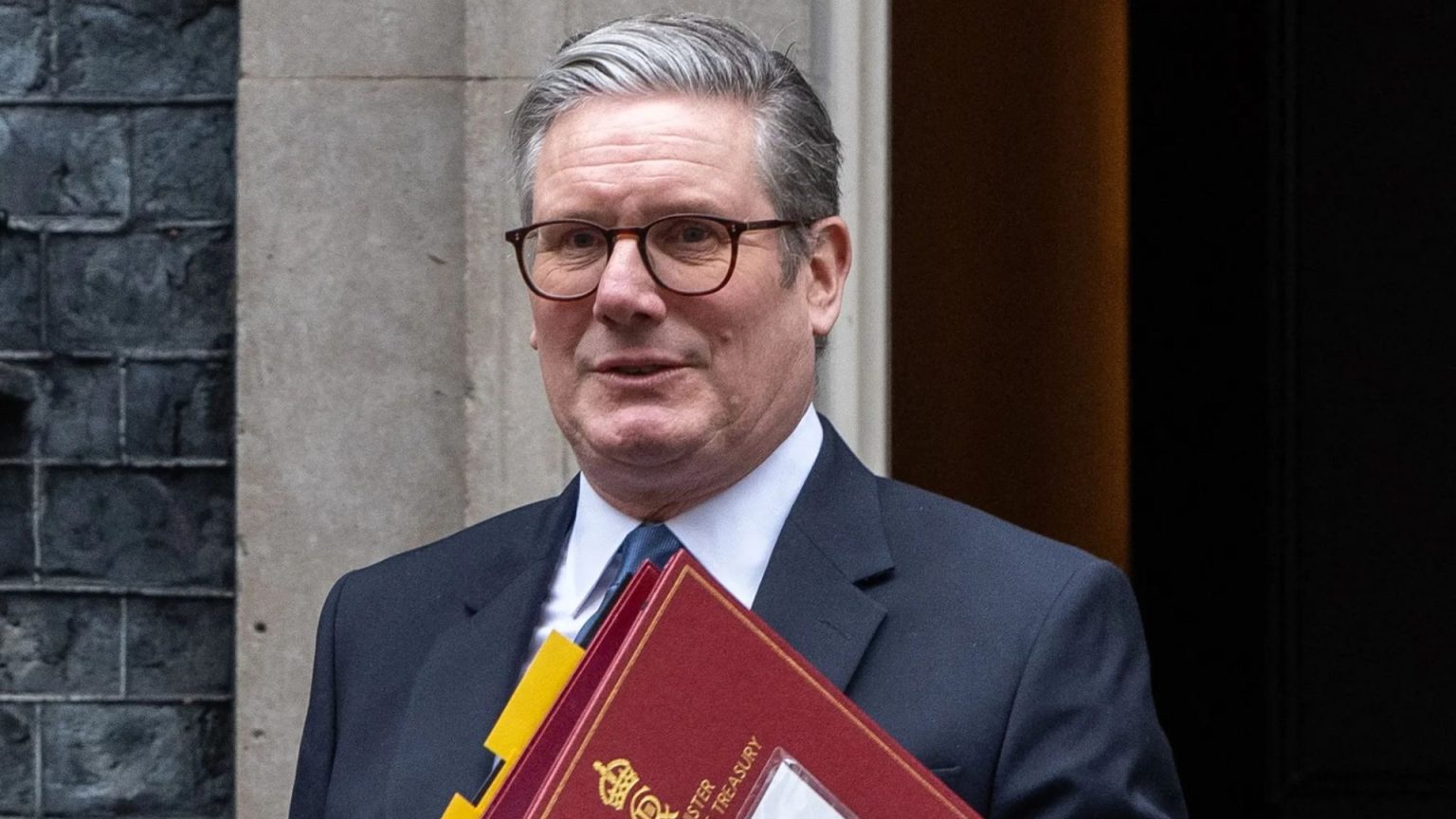The appointment of Emma Reynolds as City minister in Keir Starmer’s shadow cabinet has ignited a controversy over potential conflicts of interest due to her previous lobbying work on behalf of Chinese businesses. Reynolds, who served as a senior figure at TheCityUK, a financial lobby group, advocated for relaxed regulations on Chinese investments, including opposing stricter scrutiny measures that could have impacted investment flows. This history has raised concerns about her impartiality in shaping future government policy towards China, particularly given the Labour Party’s stated intention to strengthen economic ties with Beijing.
The Conservative Party has seized upon this appointment, accusing Prime Minister Starmer of hypocrisy for failing to address the “revolving door” phenomenon, where individuals transition between government roles and lobbying positions for private interests. They argue that Reynolds’ past lobbying efforts for softer regulations on Chinese investments creates a potential conflict of interest, raising questions about her ability to make objective decisions on China-related policies. Conservative figures, including former party leader Sir Iain Duncan Smith, have expressed concerns that China might exploit this situation, viewing Reynolds’ appointment as a sign of potential appeasement.
Downing Street has defended Reynolds’ appointment, emphasizing her “wealth of experience” but has notably avoided confirming whether she will be recused from policy decisions related to China. This ambiguity fuels the ongoing debate about the potential influence of her past lobbying activities on her current role. The lack of clarity from Downing Street has further intensified the Conservative Party’s criticism, leading to demands for transparency and assurances that Reynolds will not be involved in decisions related to China.
The controversy surrounding Reynolds’ appointment comes at a sensitive time, as the Labour Party aims to cultivate stronger economic ties with China while also addressing concerns about national security and human rights. Balancing these competing interests requires careful consideration and transparent policymaking, making the questions surrounding Reynolds’ potential conflicts of interest all the more pertinent. The opposition is demanding assurances that her past lobbying activities will not unduly influence government policy toward China, particularly given the delicate balance between economic cooperation and safeguarding national interests.
Nigel Huddleston, Shadow Treasury Minister, has formally requested clarification from Treasury officials, emphasizing the importance of Reynolds recusing herself from China-related decisions to maintain public trust and avoid the appearance of impropriety. He has highlighted Prime Minister Starmer’s previous statements about ending the “revolving door” between government and regulated industries, arguing that Reynolds’ appointment contradicts this commitment and necessitates clear guidelines regarding her involvement in China-related policy discussions.
The controversy surrounding Emma Reynolds’ appointment underscores the broader challenges related to lobbying and its potential influence on government policy. This situation raises questions about transparency, accountability, and the potential for conflicts of interest when individuals transition between lobbying roles and government positions. It also highlights the complex and often sensitive nature of balancing economic interests with national security concerns, particularly in the context of international relations with countries like China. The ongoing debate necessitates a broader discussion about the ethical implications of lobbying and the measures needed to ensure the integrity of government decision-making.











